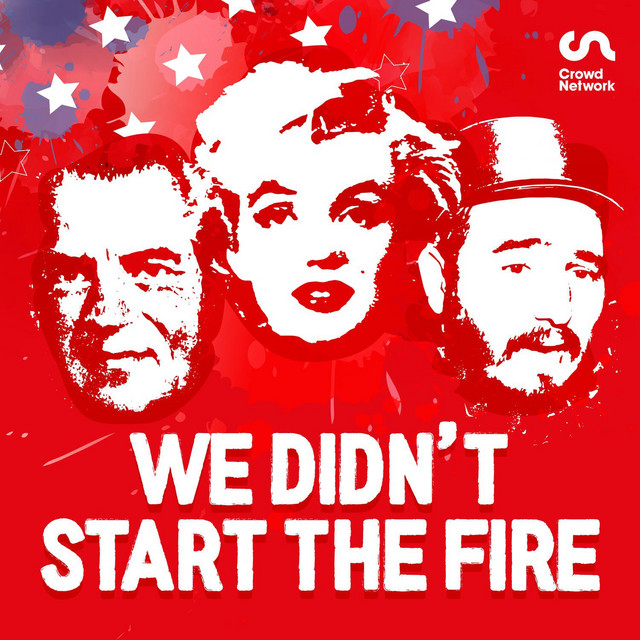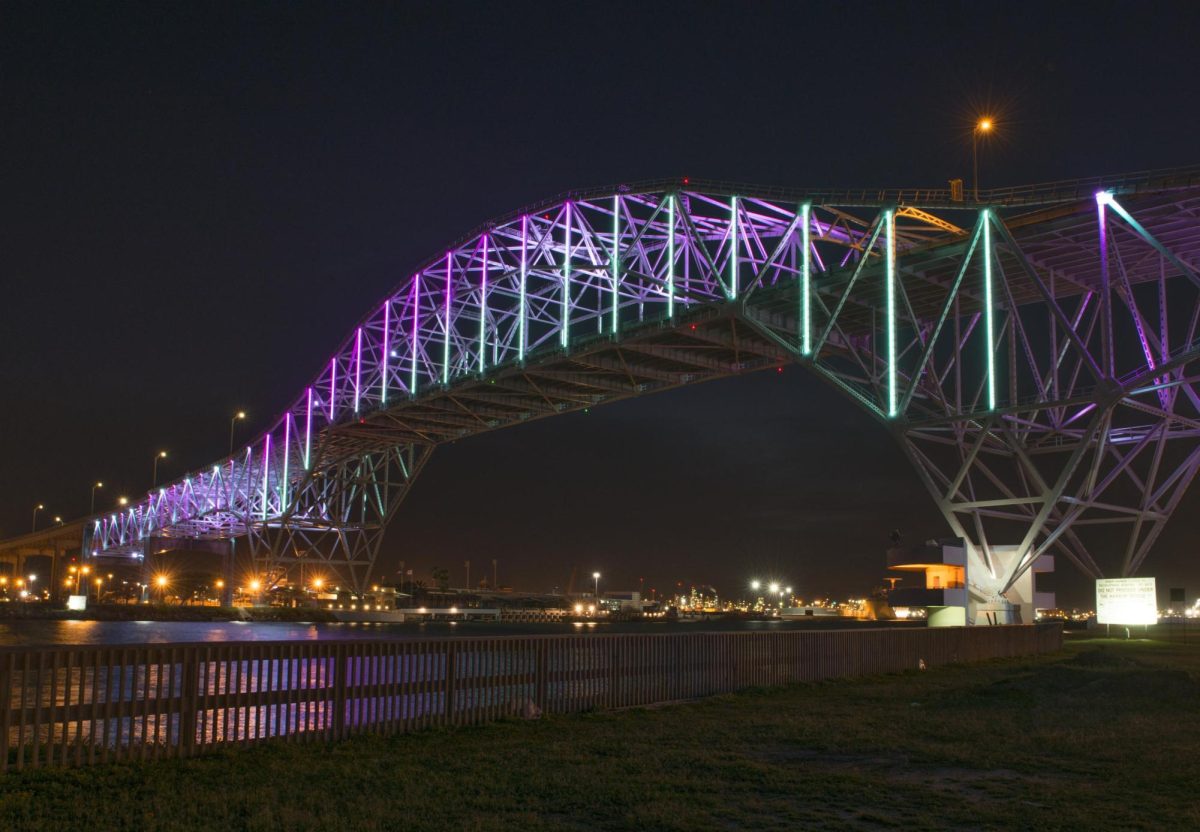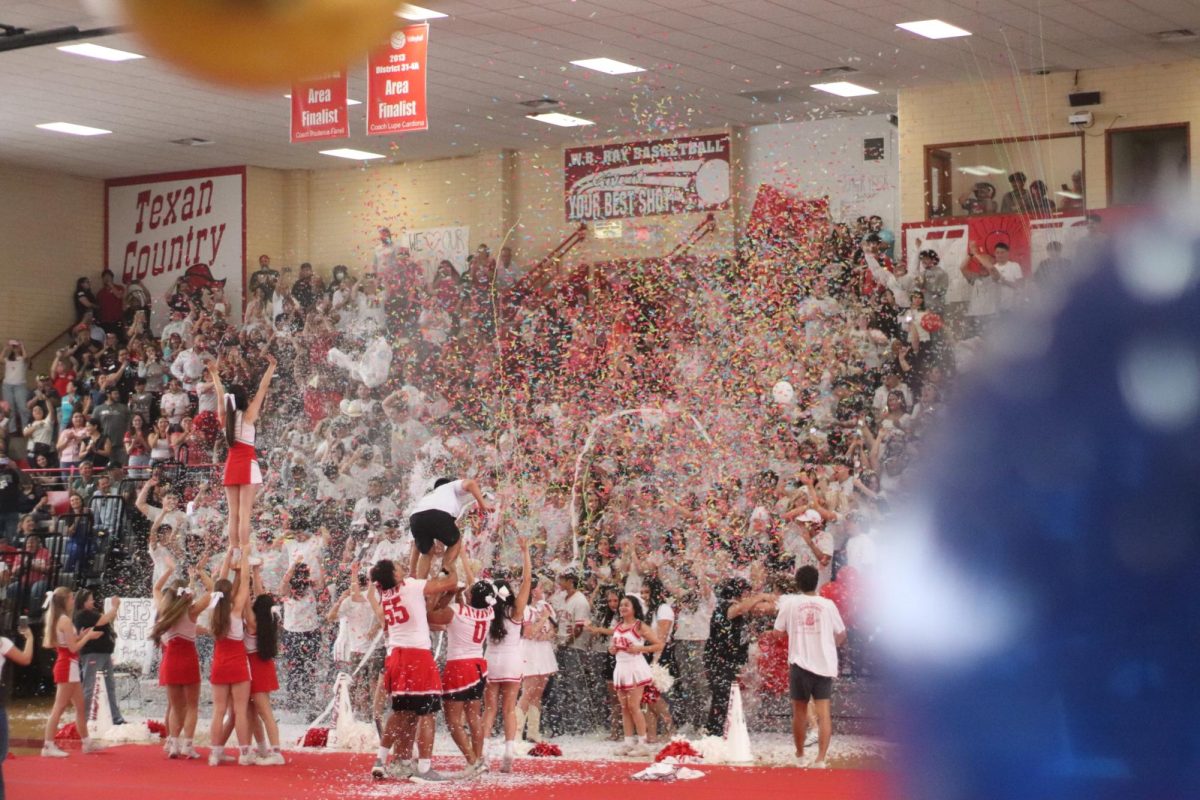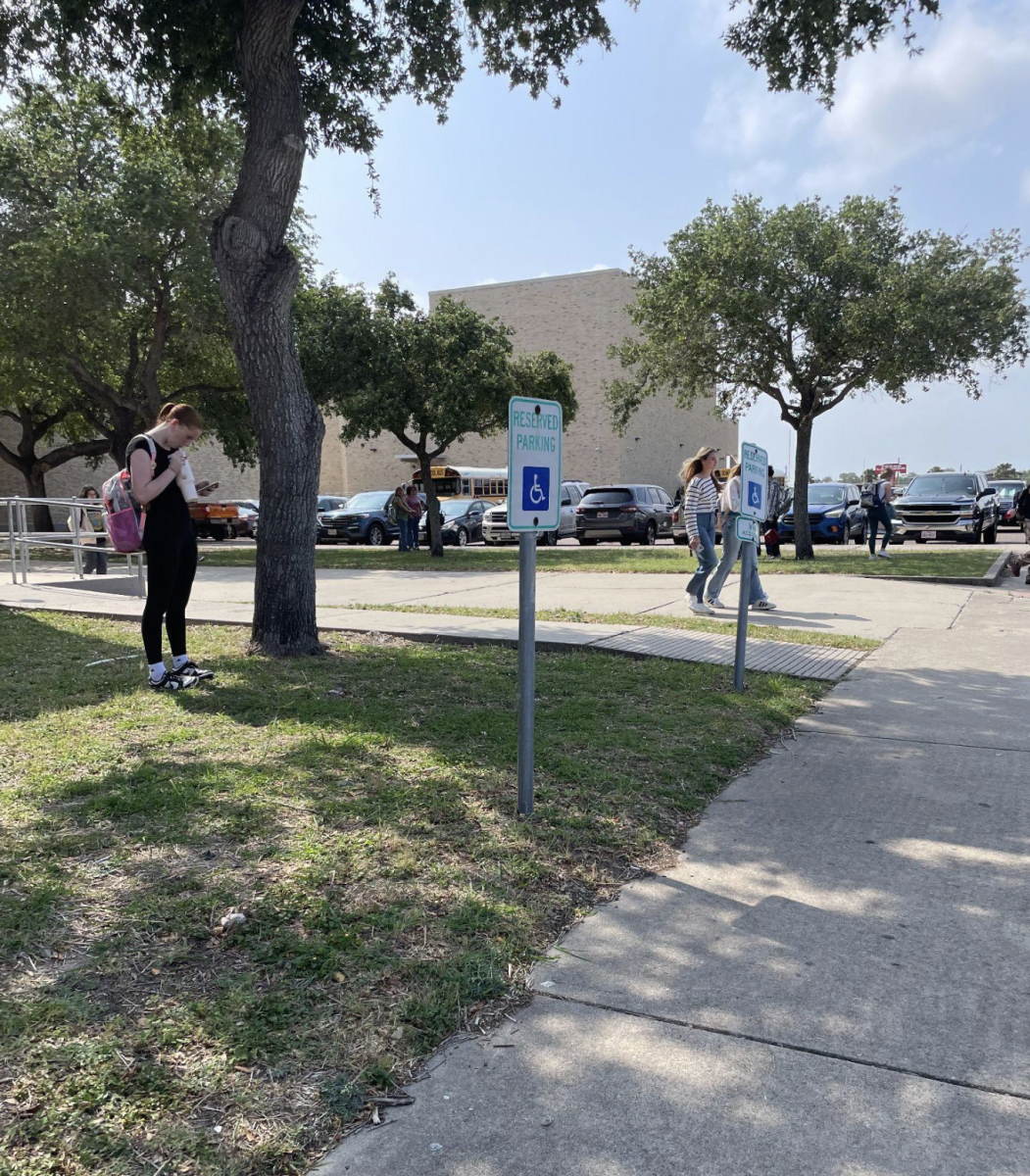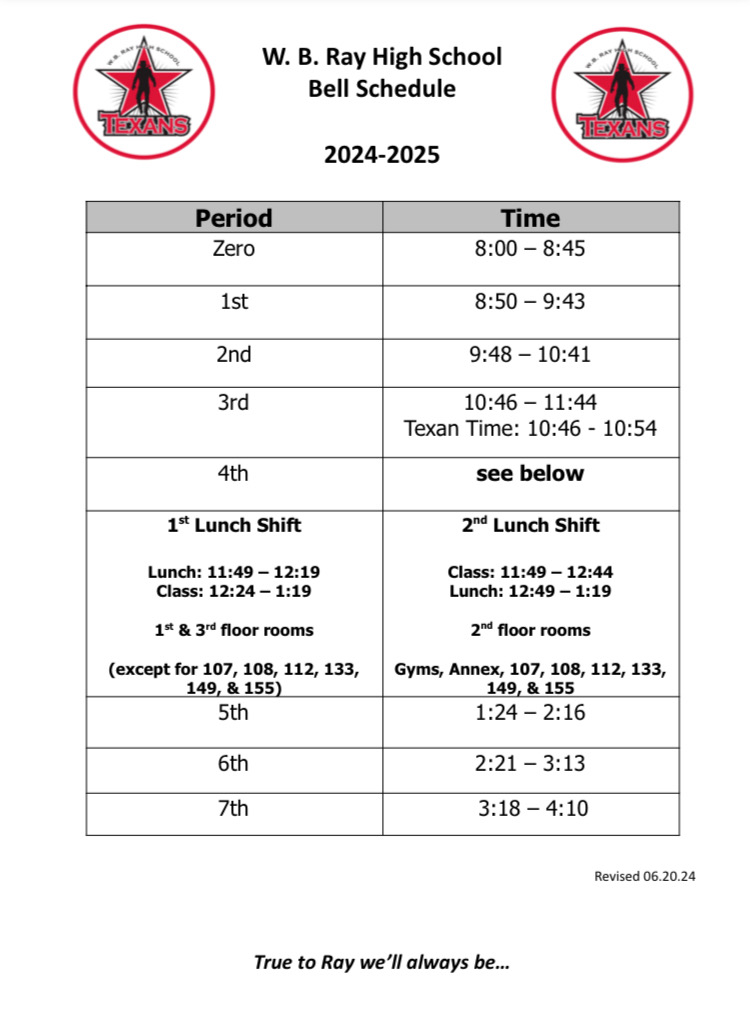One of Billy Joel’s most iconic songs, “We Didn’t Start the Fire,” was released in 1989, and even today, it remains a cornerstone of pop culture, as well as a vivid snapshot of 20th-century history. Its fast-paced melody and continuous stream of historical references make the song stand out not just for its uniqueness in subject matter, but also for its structure and ability to encapsulate a complex and turbulent period in American history.
The song’s lyrics are loaded with names, events, and cultural milestones that invite listeners to reflect on the cyclical nature of history, its implications for society, and how the past can influence and shape the present. Let’s take a deep dive on Billy Joel’s song, its intricacies, and its applications to the time period during which it was written, as well as its applications to the present day!
From the very beginning of the song, Joel tells a history lesson that is wrapped in catchy pop (making it easier to digest), with each verse marking a series of references to global and domestic events, people, and cultural phenomena from the time he was born (1949), to the time of the song’s release (this makes the song extremely helpful on US history tests). The lyrics are extremely dense, encapsulating a period of about 40 years, marking many significant events in global development as a whole.
Here are a few examples:
- “Harry Truman, Doris Day, Red China, Johnnie Ray” sets the stage for a post-World War II world in the late 1940s, touching on political leaders (Truman), entertainers (Doris Day), and geopolitical tensions (Red China).
- “Little Rock, Pasternak, Mickey Mantle, Kerouac” references the 1957 Little Rock Nine, Russian author Boris Pasternak, baseball star Mickey Mantle, and the Beat Generation’s Jack Kerouac.
As the song continues on its track, the references become more intricate, from the turbulent social movements of the ‘60s to the corporate and technological transformations of the ‘80s, with the political upheavals of the ‘70s tucked in between.
The references are delivered as a part of the song, flowing together in a way that seems natural, adding to the song’s genius — listeners engage with each line, subconsciously decoding and processing the information, proving how songs can be educational. The rapid-fire mention of each person, place, or event without elaboration emphasizes how history is an ever-flowing object, showing how history is more of a verb than a noun.
The timing of the release was perfect — the Cold War had just gone cold turkey, the Berlin Wall was on the verge of collapse, and the world was contending with the impact of the now readily-accessible global communication system. Even though 40 years is an extremely vast period of time to go over in a 4-minute 29-second single, Billy Joel made it work.
The song’s chorus, “[w]e didn’t start the fire / It was always burning, since the world’s been turning, ” evokes the notion that societal struggles are part of an ongoing cycle, representing the chaos of the world and the inevitable passage of time. Each generation inherits the world as it is, and it’s their job not to mess it up for the generation after.
This is very prudent, as Joel’s generation inherited a world in the aftermath of the Vietnam War, the Watergate scandal, and economic instability. His song shows later generations how his generation endured significant cultural and political shifts, all while trying to find their place in the history books.
Even though it was written over three decades ago, “We Didn’t Start the Fire remains just as relevant to today. Many of the issues that dominated the song’s references are still at the forefront of societal discourse, with political polarization, economic crises, civil rights struggles, and technological advances raising even more speculation than ever before. From the rise of populism to the still-ongoing culture wars, the song highlights the cyclical nature of history, suggesting that the fire of division and discord never fully extinguishes.
In the end, Billy Joel’s hit song isn’t just catchy; it’s a time capsule that shows an entire generation’s understanding of their place in history. By presenting history in rapid-fire song lyrics, Joel challenges his listeners to reflect on the impact of the past on the present, and how that influence is nigh inescapable.
As this generation faces its own crises, from the growing issue of climate change to political instability, “We Didn’t Start the Fire” prompts the questions: What are we doing to fuel or extinguish the fire? How will our choices impact the future, and how can we ensure that the future remains bright? Let us know in the comments!

